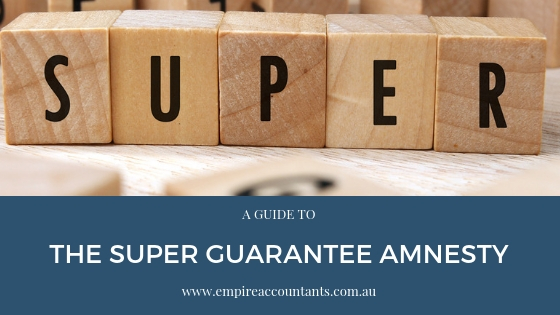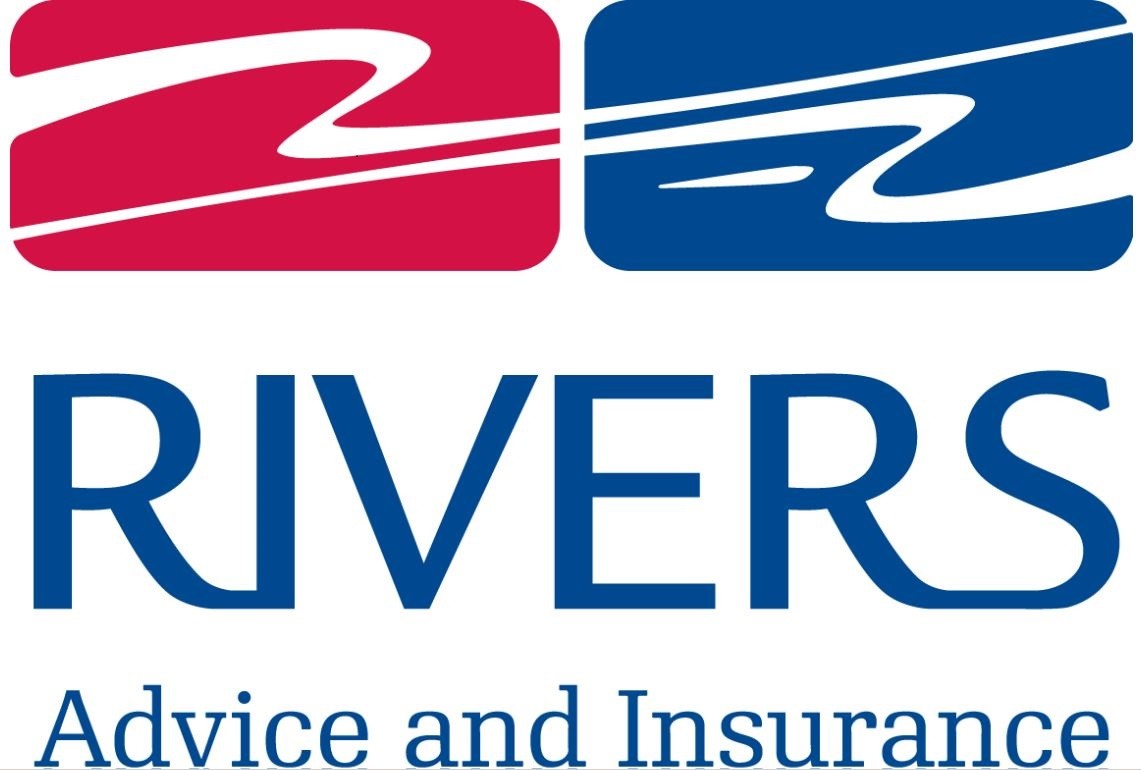The Super Guarantee Amnesty
Posted 3 Sep '18
Posted 3 Sep '18

The ATO has announced a one-off opportunity for employers to “self-correct” noncompliance of super guarantee payments without penalty.
After estimating that $2.85 billion is currently owed in late or missing super guarantee payments, the ATO are running a 12-month amnesty period where employers can voluntarily disclose undeclared super guarantee shortfalls or missing payments.
Employers who declare within the 12-month period running from the 24th of May 2018 will not be liable for administration penalties that usually apply and will be able to claim deductions for payments made.
It’s important to note that the amnesty only applies to voluntary disclosures. The ATO will continue compliance activities during this period and full penalties will still apply to businesses who have underpayments discovered.
To find out eligibility for the amnesty, benefits and how to declare noncompliance visit the ATO website and search for Super Guarantee Amnesty.
If your business has fallen behind on your super obligations and is eligible for the Super Guarantee Amnesty call us today to find out how we can assist you.07 3124 0244 07 3124 0244

As June 30th rapidly approaches, it's important to consider strategies that can help you minimise your tax liability for 2024. Whether you're a chippie, doctor, engineer, sales rep or architect, considering some of these tips below and whether they apply to your circumstances may save you paying more in tax than necessary.

Rivers focuses on providing great-value general insurance solutions that work. These solutions are delivered to both individuals and businesses that have been part of the communities in which we have lived and worked for many years.

The superannuation work test serves as a pivotal requirement for individuals navigating the landscape of voluntary contributions to their superannuation fund, especially as they approach and surpass the age of 67. But what exactly does this test entail, and why is it so crucial?